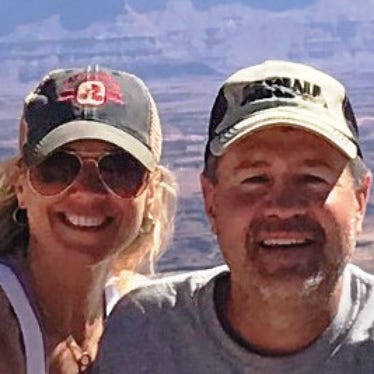
When discussing issues of agriculture and the consumer, one of the comments I often hear is the urban people are very far removed from their food supply, or they have no idea how or where their food is produced.
No doubt most are not in touch with their food supply and have no idea the journey of the things they purchase from the grocery store.
Yet I wonder how much farmers or ranchers are actually tied into their own food supply. How many of us know the path of the food we consume?
It is certain there are fewer people actively involved in the production side of agriculture than at any time in history.
There also is no doubt many ranchers who raise cattle eat their own product. I know from my own experience that we will pick one out per year to butcher for our own use, but how about other meat? How many pork or poultry producers eat their own product? An overwhelming majority of the poultry and pork is raised by contract growers. Whether they consume their product directly I can’t answer, but for those I have talked with it is not theirs to consume! They don’t own the animals.
I doubt that farmers partake in their raised corn, beans or wheat on a daily basis. How many dairy farmers drink their own milk? The point I am making is that for the most part, today's producers are not much closer to their food supply than the average city dweller.
It was not that many years ago that farmers and ranchers ran very diversified operations, while actually raising products that could and were consumed. In the last 30 years we have lost 80% of our dairy producers, 90% of our hog producers and 60% of beef producers. While pasture poultry and “backyard” chickens are becoming more popular, the vast majority of poultry are raised and owned by big corporations, and the same for pork. Again, there are fewer and fewer people involved in production agriculture than at any time in our history.
On the other hand, I would say that non-farmers and urbanites are actually moving back toward a connection with their food. Farmers markets and small-scale producers are on the rise. Many consumers want to know how and where their food was raised and are willing to pay an extra premium for quality and sourcing they can control.
I think production agriculture has reached a pivotal point in how we interact with our customer. They are more interested/concerned with their food, water and natural resources and are taking a much harder look at how products are produced and resources are protected. This could open many marketing possibilities in the agricultural industries.
However, considering our own condition within the industry, I believe the next time we try to separate ourselves from our consumers on how close they are to their food supply, we might ask ourselves, “Where do I get my food?”
About the Author(s)
You May Also Like






